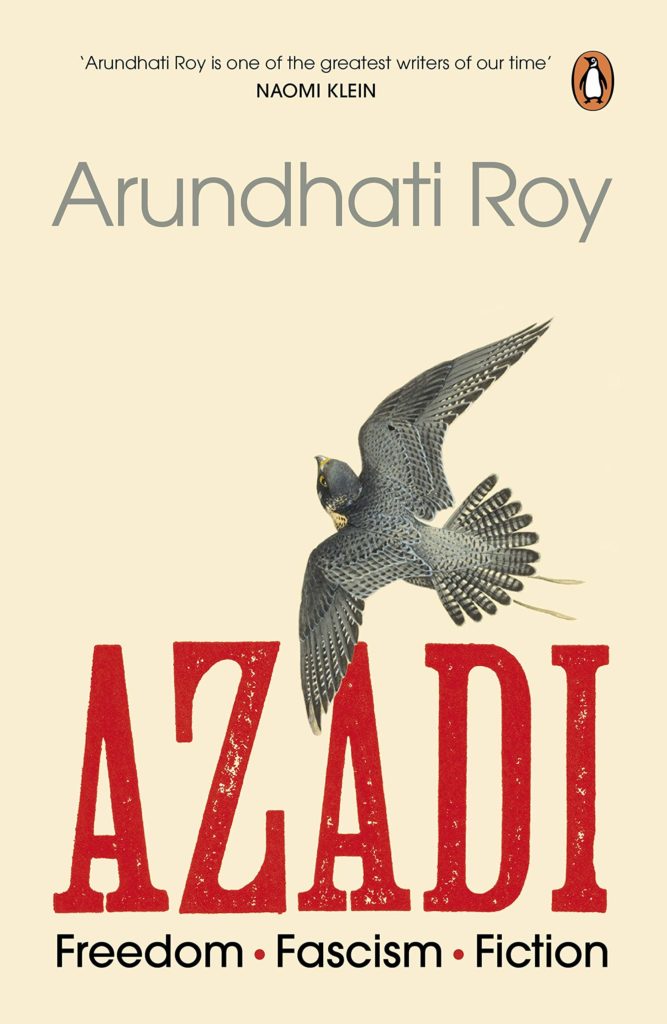In approximately 5 weeks the United States will hold the most important Presidential election in its short and violent history. Bookmakers and Psephologists alike think of it as a 50-50 proposition. The incumbent Donald Trump has been hinting that the election, whatever the result, will be tainted, rigged and that, as such, he would not concede if he lost. Most, even those who are paid to stay alert, are tired of his constant bombast and thus either ignore or attempt to triage his threats.
The incisive amongst us, people like Masha Gessen, remind us that the best way to understand what an authoritarian will do is, well, to believe what he says he will do. In the 1930s, The Peoples’ Commissar for Foreign Affairs for the Soviet Union, Maksim Litvinov, traveled tirelessly from one European Capital to the next to warn of the rising fascist tide in Germany and the need for collective security. Rebuffed by these “men of peace” at every turn, he suggested to the priggish leaders that they read Mein Kampf. We’d all do well to heed Masha Gessen’s reminder and to remember Litvinov.
As we lurch to Fascism in the United States, we realize we are joined in this company by others. Brazil. Russia. Hungary. The Philippines. The UK. India.
Yes, India. I emphasize this because, as a diasporic India, I continue to be shocked by the partitioning of the NRI mind and the demagnetization of the NRI moral compass when it comes to India and the high-velocity destruction of democratic institutions under the Modi regime. The same Indian-Americans (to identify one, incredibly influential diasporic group) who are outraged by Trump’s racism and bellicosity, fawn before Modi. No mention, of course, of the Indian-Americans who love Trump- they naturally love Modi.
Azadi – a series of essays- describes Modi’s India and its descent into a form of barbarism. This descent is not passive, not the product of nature or inertia; in fact, it’s a marked and clear strategy, 100-years in the planning, by the forces of Hindutva, of which Modi is the most charismatic and mesmerizing exponent to date. Combined with an assault on any vestiges of economic equity, this “Hinduization” of India – through blatant connivances like the CAA and NRC- and the use of public violence (against Journalists, Muslims, “Sympathizers,” Leftists, and Dalits)—has resulted in an Orwellian state, with little resemblance to the pre-Modi-Raj India. Lest it be suggested that Roy’s mordant and limpid critiques of Modi’s India indicate a lean towards Congress, one can only say that her mighty turret has – for most of her writing life- been steered against India’s powerful ruling parties and classes, Congress, BJP, and even incumbent State parties.
Reviewing Arundhati Roy’s Azadi comes with a sort of inherent irony. She writes with a clarity and beauty that most of us simply cannot muster. Her words drip with the desperation of a person witnessing destruction all around her. As a reviewer, I feel inadequate to the job, a bit of a voyeur. Splicing words and nit-picking – the prerogative of book critics and reviewers- is, when it comes to her work, just silly.
Where I do diverge with Roy, the conversation is best kept private. Suffice it to say, here, that it has to do with a tendentious and syllogistic frame she employs when discussing Gandhi. Her criticisms and dislike of the man are fair and righteous but in so doing, she appears to the blind to his ethereal greatness and in fact plays into hands of the very processes she despises, including the revisionist fascism of the RSS whose legions laud Gandhi’s murder and celebrate today by recreating it. Though to her credit, in doing so, she reminds her readers of the importance of Dr. Ambedkar and challenges us to imagine what India might have looked like had he held more sway.
Azadi is an important book. It asks us to reclaim literature and language and in doing so to fight fascism. It challenges us to channel Gramsci in his suggestion that we can at once have pessimism of the intellect and optimism of the will.
It’s an uncomfortable book. And because of this, a resonant one. Buy Arundhati Roy’s Azadi here.
__________________________________________________________________
Romi Mahajan is an Author, Marketer, Investor, and Activist
__________________________________________________________________
Originally published by Countercurrents: https://countercurrents.org/2020/09/reclaiming-freedom-from-the-edge/
Republished here by permission of the author (email dated 1oct20 in his email at 1418h in the UK)


